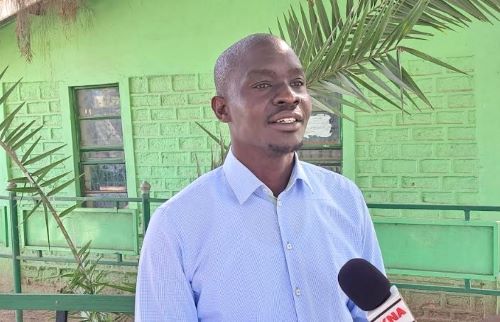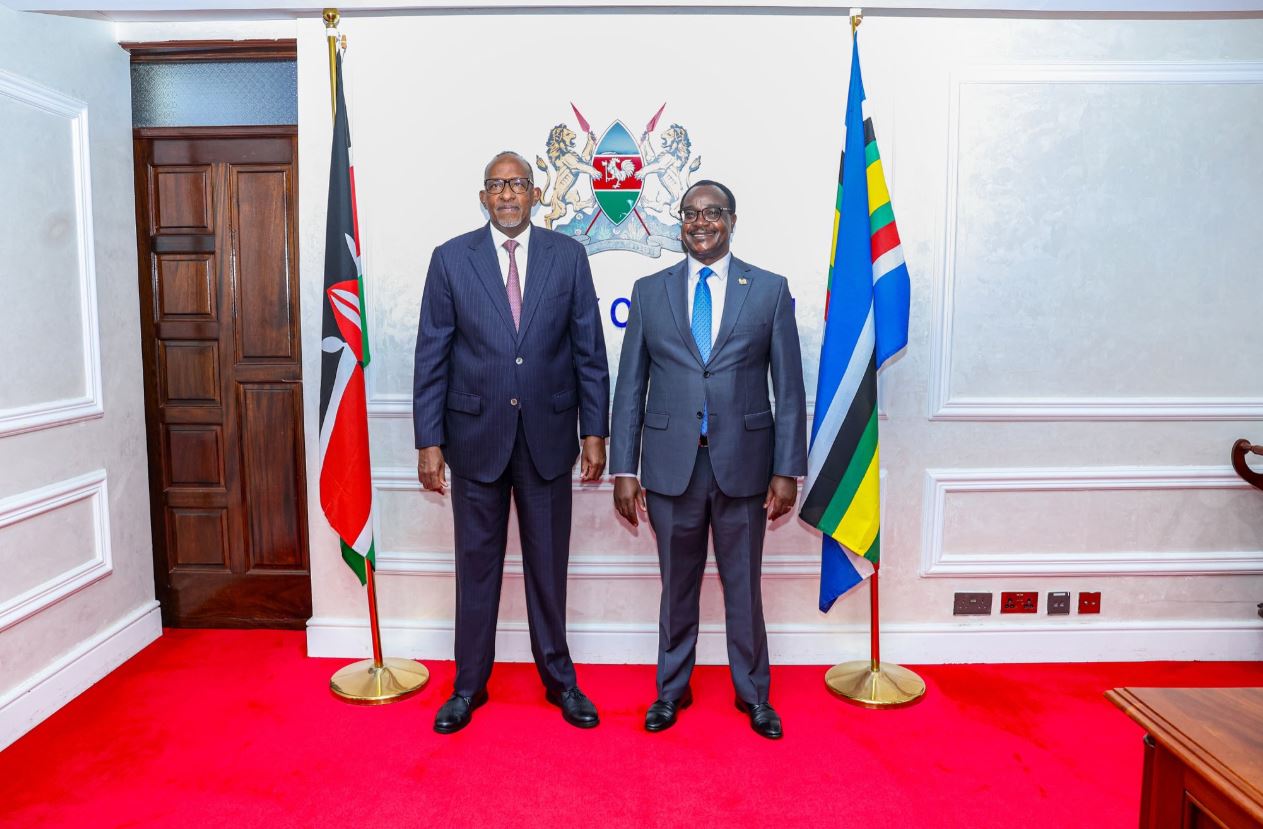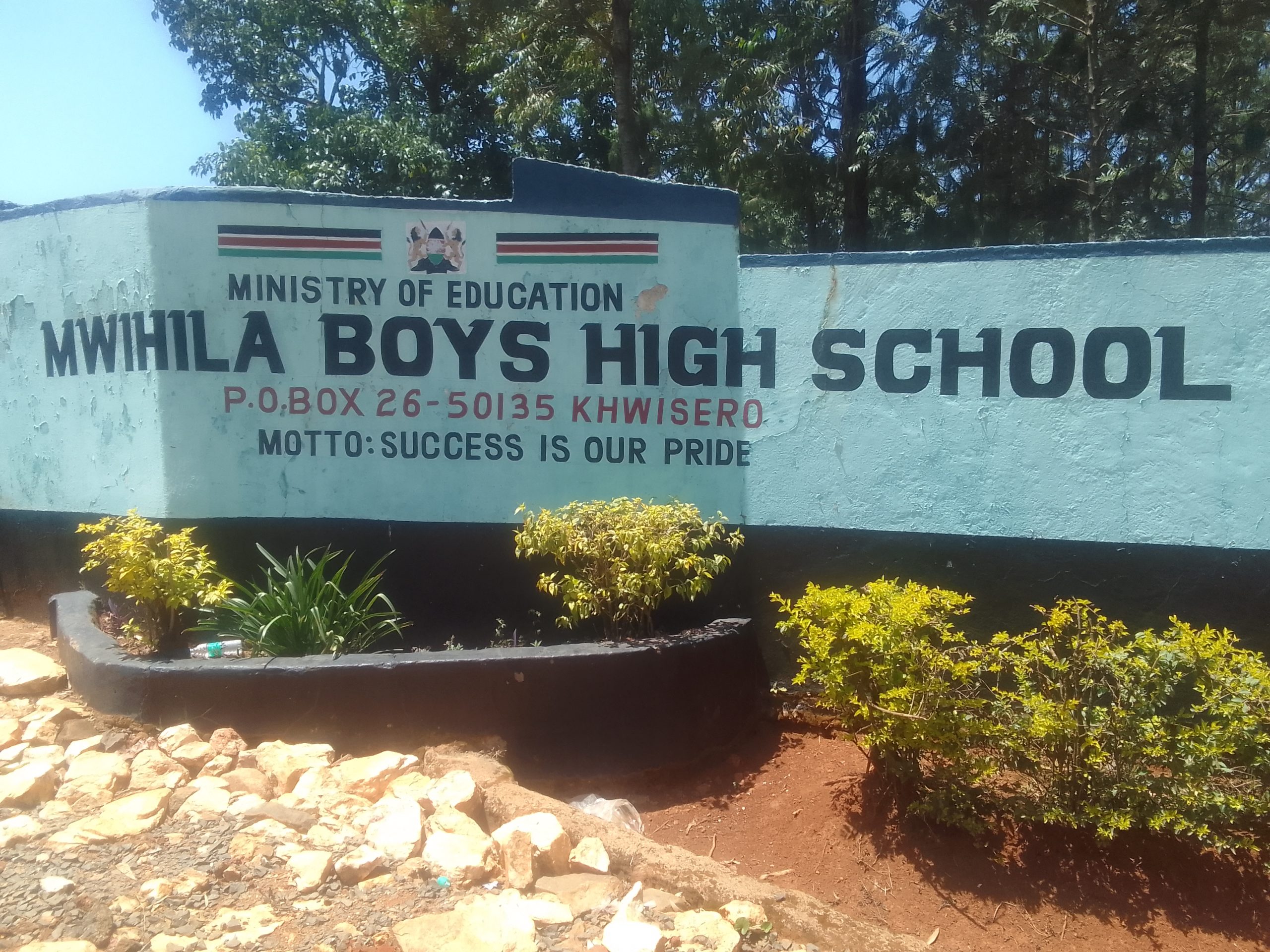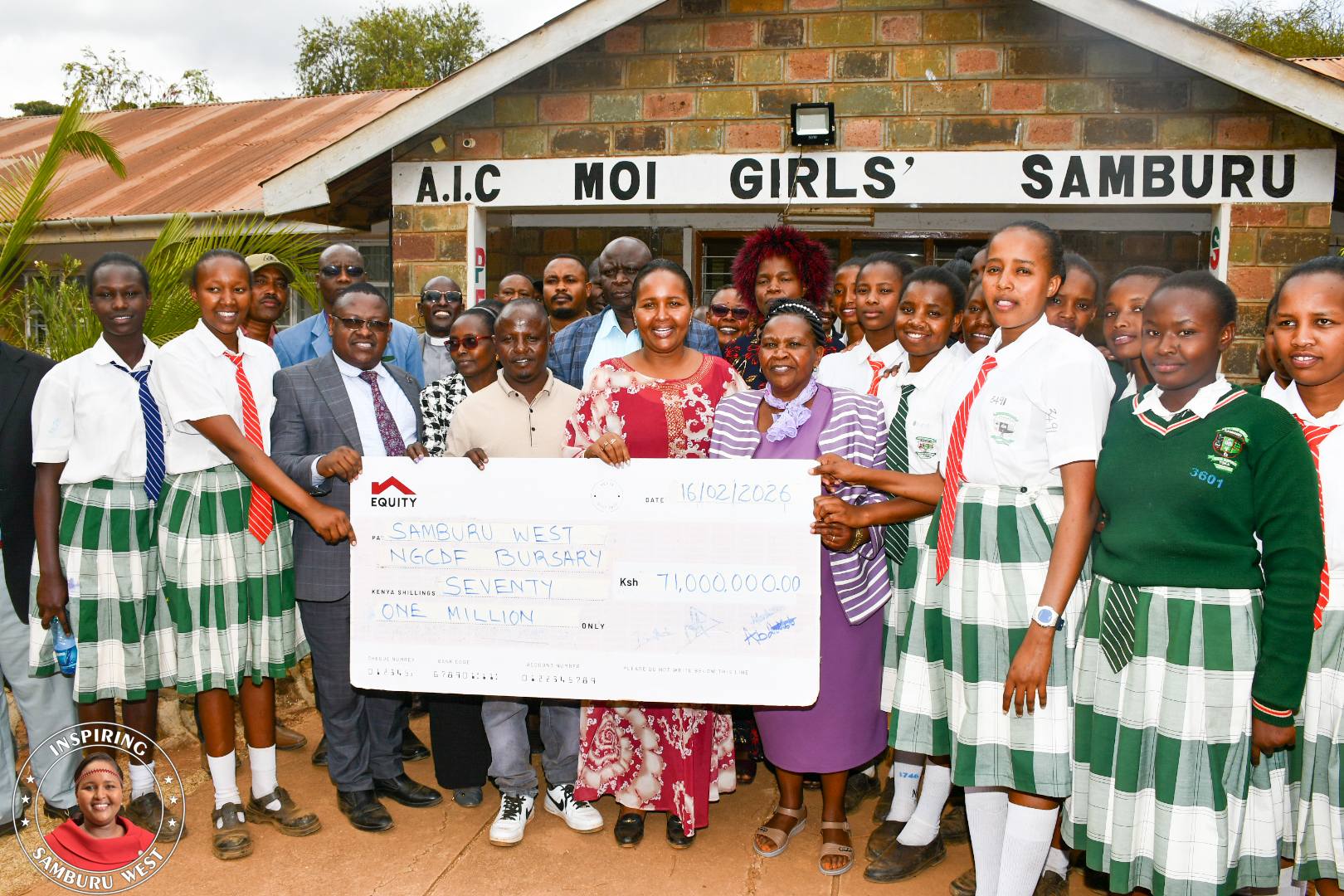Over 200 Junior Secondary Schools (JSS) teachers in have received training on utilising virtual laboratories and digital resources to enhance the teaching of Science, Technology, Engineering, and Mathematics (STEM) subjects.
The training, spearheaded by the Centre for Mathematics, Science, and Technology Education in Africa (CEMASTEA), aims to transform science education in JSS that lack physical laboratories, bridging the gap between theory and practice.
CEMASTEA Trainer Ezda Okoth highlighted that Virtual Labs provide students with a wide array of interactive simulations, experiments, and virtual tools designed to replicate real-life laboratory conditions.
By leveraging interactive simulations and real-time experiments, digital laboratories offer students an immersive learning experience, enabling them to visualize complex scientific concepts and conduct experiments in a risk-free environment.
Okoth said that this innovation not only enhances understanding and engagement but also ensures inclusivity by overcoming infrastructural limitations, making science education more practical and effective.
“The platform includes modules for various scientific disciplines, offering experiments ranging from simple physics demonstrations to complex chemical reactions and biological studies. Each module is equipped with detailed instructions, theoretical explanations, and assessments to guide students through experiments and ensure effective learning,” he said.
READ ALSO:
Accident claims the life of St. Mary’s Tachasis Girls student
Speaking during a training session for JSS teachers at Arch-Bishop Okoth Ojolla Girls School in Kisumu West Sub-County, Okoth noted that the program targets Integrated Science and Mathematics teachers, equipping them with the necessary skills to utilize digital resources and strengthen STEM education.
“JSS is housed within primary schools, where most institutions lack adequate laboratory infrastructure. CEMASTEA’s virtual labs offer an accessible alternative, ensuring practical learning continues uninterrupted,” he explained.
He further noted that teachers were undergoing specialized training programs to integrate virtual laboratories into their curricula, enhancing teaching methods and improving student engagement.
The scarcity of science laboratories in Junior Schools has been a major challenge, limiting students’ ability to gain practical knowledge in subjects like physics, chemistry, and biology.
Virtual labs provide a platform where students can conduct experiments, visualize scientific processes, and explore scientific principles in a hands-on manner.
Okoth added that this innovation has proven successful in delivering STEM subjects and, with proper implementation, can help schools struggling with high costs associated with setting up physical laboratories.
By Fredrick Odiero
You can also follow our social media pages on Twitter: Education News KE and Facebook: Education News Newspaper for timely updates.
>>> Click here to stay up-to-date with trending regional stories
>>> Click here to read more informed opinions on the country’s education landscape






